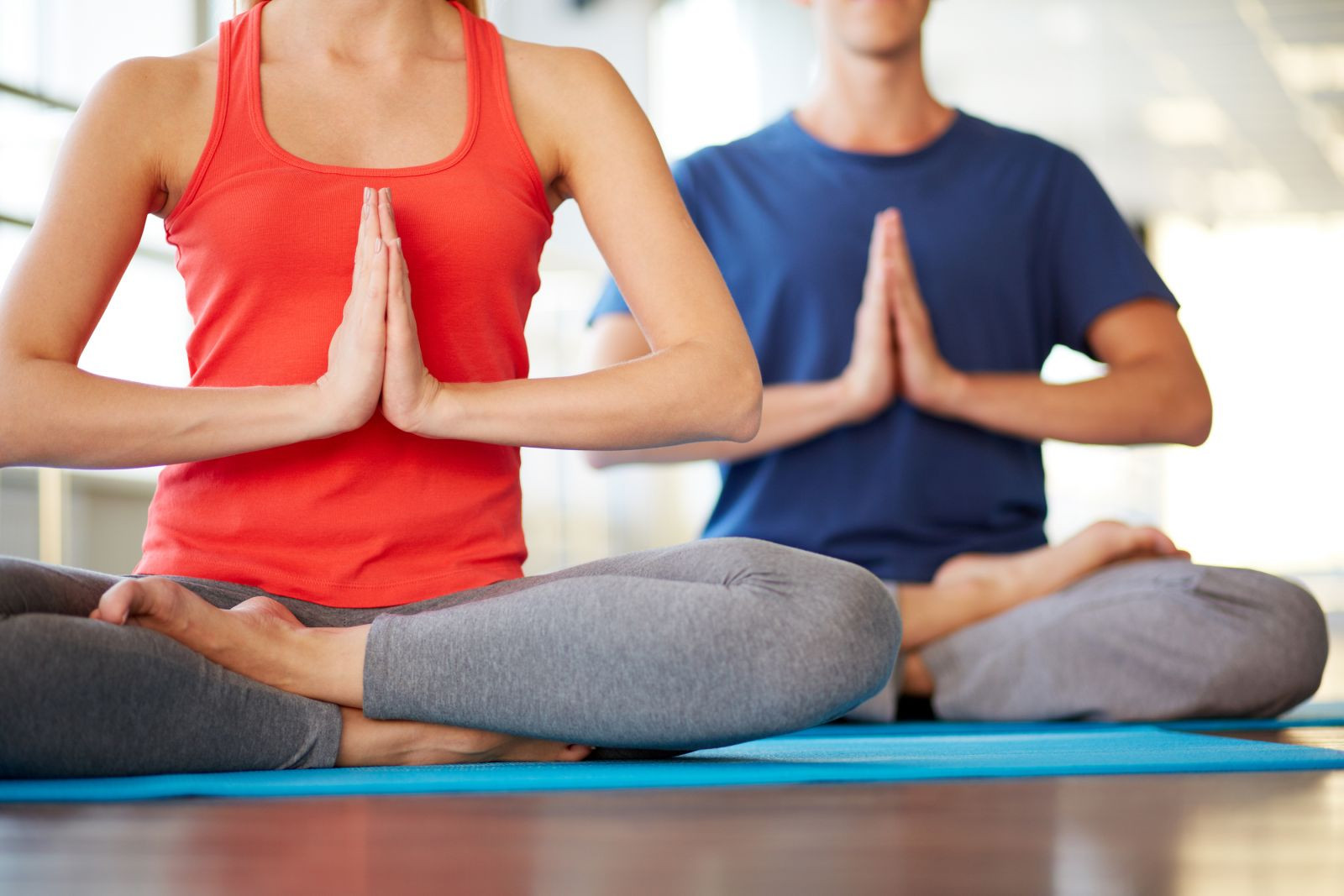Human rights are the fundamental entitlements every person has simply by being human. They’re the invisible threads that weave dignity, freedom, and fairness into the fabric of our lives. From the right to free speech to access to clean water, these rights ensure we can live with respect and security. But why do they matter so much, and how do they shape our world? Let’s dive into the heart of human rights, explore their origins, and uncover why they’re worth fighting for.
What Are Human Rights?
Defining the Core Concept
Human rights are universal principles guaranteeing every individual basic freedoms and protections, regardless of race, gender, nationality, or status. They include rights to life, liberty, education, and equality before the law. Think of them as the ground rules for humanity—a shared agreement that everyone deserves a chance to thrive.
The Universal Declaration of Human Rights (UDHR)
In 1948, the United Nations adopted the UDHR, a landmark document outlining 30 articles of fundamental rights. Born from the ashes of World War II, it was a global promise to prevent atrocities like those seen in the Holocaust. The UDHR remains the cornerstone of human rights law, inspiring constitutions and policies worldwide.
The Origins of Human Rights
A Historical Journey
The concept of human rights stretches back centuries, from ancient philosophies to modern legal frameworks. Early ideas appeared in documents like the Magna Carta (1215), which limited the power of kings, and the Enlightenment-era writings of thinkers like John Locke, who championed individual liberty. These seeds grew into today’s global human rights movement.
Key Milestones in Human Rights
- Magna Carta (1215): Established that no one, not even a king, is above the law.
- U.S. Bill of Rights (1791): Codified freedoms like speech and religion in a national constitution.
- UDHR (1948): Set a global standard for human rights.
- Civil Rights Act (1964): Outlawed discrimination based on race, color, religion, sex, or national origin in the U.S.
Each milestone built on the last, creating a stronger foundation for justice and equality.
Why Human Rights Matter
Protecting Individual Dignity
Human rights are the shield that guards our dignity. They ensure we’re not just cogs in a machine but individuals with worth. When I think of my friend Maria, who fled her war-torn country to seek asylum, I’m reminded how the right to safety gave her a new start. Without these protections, people like her could be left in limbo—or worse.
Promoting Equality
Human rights level the playing field. They challenge systems that favor one group over another, whether based on wealth, gender, or ethnicity. For example, the right to education means a girl in a rural village has the same shot at learning as a boy in a city. This equality fuels progress and reduces conflict.
Preventing Abuse and Injustice
Rights act as a brake on power. They stop governments, corporations, or individuals from trampling on the vulnerable. Consider the 2014 case of Malala Yousafzai, who survived an attack for advocating girls’ education. Her story shows how human rights empower people to stand up to oppression.
Types of Human Rights
Civil and Political Rights
These include freedoms like speech, assembly, and the right to a fair trial. They protect our ability to express ourselves and participate in society. Imagine being jailed for a tweet—civil rights ensure that doesn’t happen.
Economic, Social, and Cultural Rights
These cover essentials like healthcare, education, and housing. They’re about giving everyone a fair shot at a decent life. For instance, the right to clean water means communities don’t have to choose between thirst and poisoned wells.
Collective Rights
These apply to groups, like indigenous peoples’ right to their land or culture. They recognize that some rights are tied to shared identities, preserving heritage and community strength.
| Type of Right | Examples | Purpose |
|---|---|---|
| Civil & Political | Free speech, right to vote | Protect individual freedoms |
| Economic, Social, Cultural | Education, healthcare, housing | Ensure basic needs and opportunities |
| Collective | Indigenous land rights, cultural preservation | Safeguard group identities and heritage |
Challenges to Human Rights
Ongoing Violations
Despite progress, violations persist. From authoritarian regimes censoring speech to companies exploiting workers, human rights face constant threats. In 2023, Amnesty International reported over 150 countries with documented abuses, showing the fight is far from over.
Cultural Relativism
Some argue that human rights are a Western construct, clashing with local traditions. For example, certain cultures prioritize community over individual rights, creating tension with universal standards. Balancing respect for culture with universal principles is a delicate dance.
Enforcement Gaps
International laws exist, but enforcement is spotty. The International Criminal Court can prosecute war crimes, but powerful nations often evade accountability. This gap leaves many violations unpunished, frustrating advocates and victims alike.
The Role of Human Rights Organizations
Global Watchdogs
Organizations like Amnesty International and Human Rights Watch monitor abuses and hold violators accountable. They shine a light on issues like forced labor or political imprisonment, often at great risk to their staff.
Where to Get Involved
- Amnesty International: Join campaigns or donate at amnesty.org.
- Human Rights Watch: Support their work at hrw.org.
- Local NGOs: Search for grassroots groups in your community via ngoexplorer.org.
Getting involved, even through small actions like signing a petition, can amplify the fight for justice.
Pros and Cons of Human Rights Frameworks
Pros
- Universal Standard: Creates a shared benchmark for dignity and fairness.
- Empowerment: Gives individuals and groups a voice against oppression.
- Global Cooperation: Encourages nations to work together on issues like refugee rights.
Cons
- Enforcement Issues: Lack of universal compliance weakens impact.
- Cultural Tensions: Some societies resist rights seen as foreign.
- Resource Strain: Implementing rights like healthcare requires significant funding.
People Also Ask (PAA)
What are the 5 basic human rights?
The UDHR outlines many, but five core rights include the right to life, liberty, security, equality before the law, and freedom of expression. These form the bedrock of human dignity.
Why were human rights created?
Human rights emerged to prevent atrocities, like those during World War II, and to ensure universal respect for individual worth. They’re a response to humanity’s darkest moments.
How are human rights enforced?
Enforcement happens through international bodies like the UN, national laws, and NGOs. However, effectiveness varies due to political will and resource limitations.
Can human rights be taken away?
Legally, human rights are inalienable, meaning they can’t be taken away. In practice, governments or conflicts can violate them, which is why advocacy and enforcement matter.
Best Tools for Learning About Human Rights
Educational Platforms
- Coursera: Offers free courses on human rights law (e.g., coursera.org).
- UN Human Rights Office: Free resources and reports at ohchr.org.
- Khan Academy: Basic introductions to human rights concepts (khanacademy.org).
Advocacy Tools
- Change.org: Start or sign petitions for human rights causes.
- Amnesty’s Write for Rights: A campaign to send letters for prisoners of conscience.
These tools make it easy to learn and act, whether you’re a student or an activist.
A Personal Reflection
I remember volunteering at a refugee center a few years ago, meeting people who’d fled persecution. One man, Ahmed, shared how he’d been jailed for criticizing his government. His relief at finding safety under human rights protections was palpable. Stories like his remind me that these rights aren’t just words on paper—they’re lifelines. They give people hope, a voice, and a chance to rebuild. That’s why I believe human rights are worth defending, even when the fight feels uphill.
Comparison: Human Rights vs. Legal Rights
| Aspect | Human Rights | Legal Rights |
|---|---|---|
| Scope | Universal, apply to all humans | Vary by country, granted by law |
| Source | International agreements (e.g., UDHR) | National constitutions or statutes |
| Enforcement | Often weak, relies on global pressure | Stronger, backed by local courts |
| Examples | Right to life, freedom of speech | Right to vote, property rights |
Human rights are broader, aiming for universal dignity, while legal rights are specific to a country’s laws. Both are vital but serve different roles.
The Future of Human Rights
Emerging Issues
New challenges, like AI ethics and climate displacement, are reshaping human rights. For instance, should access to a clean environment be a right? Advocates are pushing for it, citing cases like the 2021 German court ruling that climate inaction violated future generations’ rights.
Technology’s Role
Tech can both help and harm. Social media amplifies voices but also spreads misinformation. Tools like encrypted messaging apps protect activists, while surveillance tech threatens privacy. Balancing these is a growing frontier for human rights.
FAQ
What is the difference between human rights and civil rights?
Human rights are universal and apply to everyone, while civil rights are specific to a country’s citizens, like voting or property rights. Human rights are broader, covering life and liberty, while civil rights focus on legal protections within a nation.
How can I advocate for human rights?
Start small: educate yourself, sign petitions, or volunteer with local NGOs. Joining campaigns on platforms like amnesty.org or donating to groups like Human Rights Watch are great steps.
Are human rights legally binding?
Some, like those in the UDHR, are not legally binding but set moral standards. Others, like the European Convention on Human Rights, are enforceable in specific regions. Enforcement depends on local and international laws.
Why do some countries ignore human rights?
Political priorities, cultural differences, or lack of resources can lead to violations. Some governments prioritize power or economic gain over rights, while others lack the infrastructure to enforce them.
How do human rights impact daily life?
They ensure access to essentials like education, healthcare, and free speech. Without them, you might face censorship, discrimination, or lack of basic services, affecting everything from your job to your safety.
Conclusion
Human rights are the heartbeat of a just world. They protect our freedoms, ensure equality, and give us tools to fight injustice. From historical struggles to modern challenges, they remain a beacon of hope. Whether it’s supporting a local NGO or learning more through platforms like Coursera, we all have a role in upholding these rights. Let’s keep the conversation going—because every voice matters.









Leave a Reply